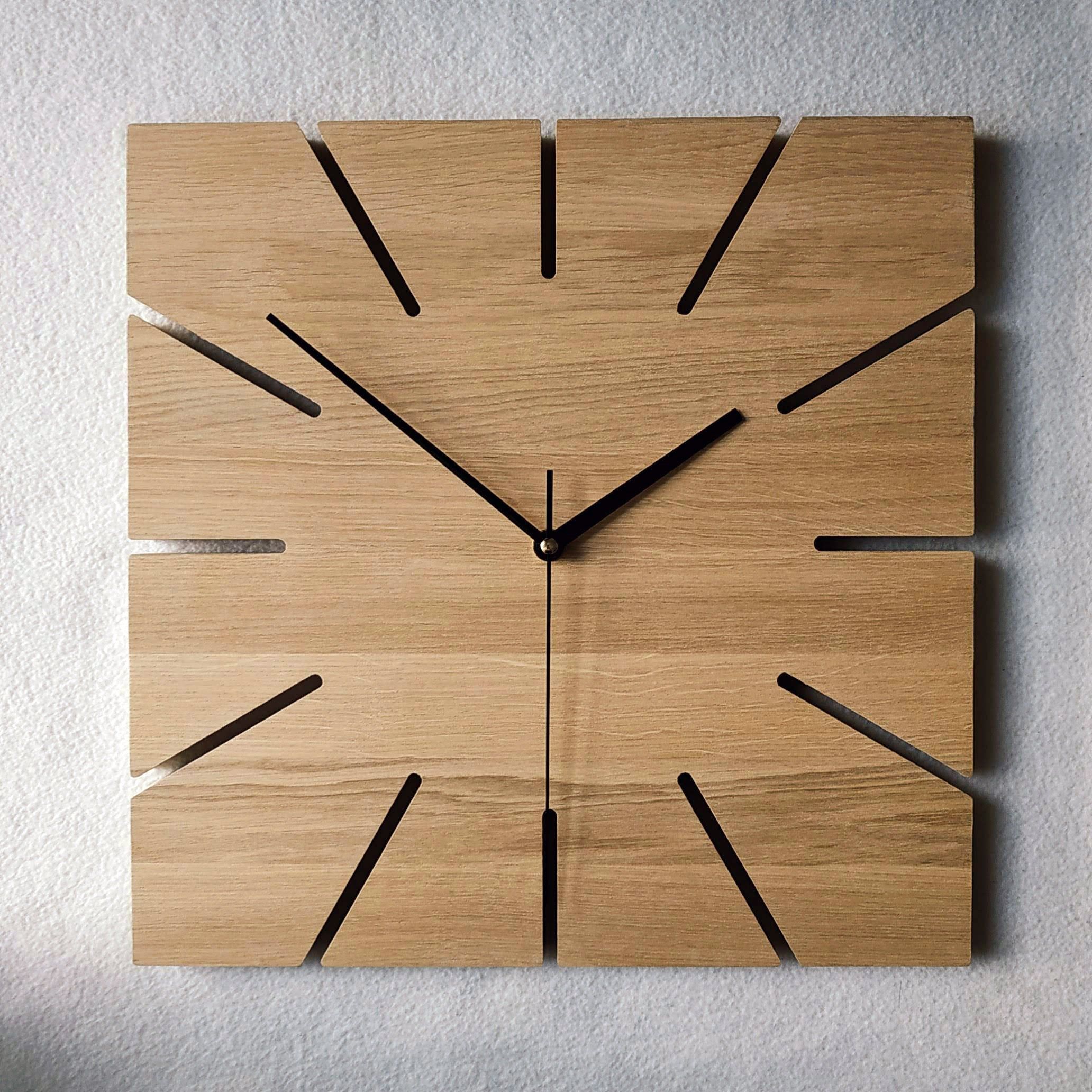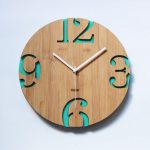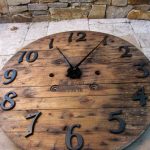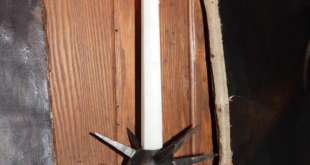A wall clock is a wonderful addition to any home. Sometimes it can be difficult to fill in empty wall space, especially during renovations or if you’ve just moved into a new home.
However, a wall clock is a functional choice that can also serve as a decorative accent piece or a bolder statement piece. Read the following seven expert tips to help you choose the perfect wall clock for your space.
How big should a wall clock be?
The ideal size of your wall clocks depends on whether you want them to act as a delicate accent piece in your overall decor or if you want your wall clock to act more as a statement piece that takes center stage. Wall clocks average between 10 and 30 inches.
- To the a delicate accent, Choose a small or medium sized wall clock, something within the 10 “to 18” range. A nifty design can add a touch of color or provide glittering appeal that won’t overwhelm your other design elements.
- To the a statement Move in a bigger size, something like 24 inches or 30 inches. Choose an eye-catching textured pattern like one elaborately carved wooden frame or a bright, hand-painted metal frame so it really bangs.
How to choose the right style of wall clock?
Once you buy a wall clock, you will quickly find that it comes in a variety of styles.
- If you have a modern interior, choose a wall clock with features Metallic frame with color accents. Elaborate details are spread across the face the watch complete this look. In fact, this style of wall clock complements industrial environments well as well.
- If your setting is more traditional or minimalist, a wall clock that includes Roman numerals as hour symbols works well for enhancing the overall design of your environment.
What materials are wall clocks made of?
Plastic is the most budget friendly Material. Thin plastic is the cheapest, while thicker options are slightly more expensive. Plastic comes in a wide variety of colors that make it easy to match any interior style, but it does does not last as long as other materials, like wood and metal.
Wood looks amazing in rustic and farmhouse settings. You can find wall clocks from ordinary Pine, eucalyptus, and even mahogany if you like a richer finish. Wood is heavy so make sure you have sturdy wall space and muscles on hand when hanging a wooden wall clock.
Metal wall clocks complement minimalist and industrial environments very well. Polished metal will look great with a more refined decor, as seen in glamorous and shabby chic atmospheres.
How to choose the right color for a wall clock
A good rule of thumb when deciding on your perfect wall clock is Make sure the color contrasts with the color of the wall you will hang it. If you have traditional white walls, go for dark, bold colors. If you have an accent wall with a bold color, choose a lighter wall clock. To create a more cohesive appearance in the room, Make sure that the lighter or darker color you choose matches an existing color in the room. For example, pull a dark or light color out of the carpet, or match the wall clock with a set of accent pillows.
What are different types of wall clocks?
Mechanical clocks require periodic swaddling – sometimes every 14 days or every 7 days. Because of this requirement for external input, these types of clocks tend to be less accurate. However, if you like traditional design elements, a mechanical watch is worth the extra care.
Quartz watches are more accurate than mechanical watches because they are equipped with a crystal oscillator that generates precise frequency signals. You can use batteries with these watches – they typically last about a year. This is a great, low maintenance option that offers the highest level of accuracy.
Atomic wall clocks are extremely accurate – They are regulated by the vibrations of atomic systems. you adjust yourself, Even with daylight saving time, you get a trustworthy timing resource that you can set and forget.
Where can you put a wall clock in the living room?
The living room is the most common and convenient place to display a wall clock. The best place to hang your wall clock is across the center of your largest piece of furniture. In most homes this is a long sofa. Another common place for the wall clock to be placed is above your entertainment console, usually across from your sofa.
How can you safely hang a heavy wall clock?
If you choose a large statement piece wall clock or a wooden frame clock, you need to make sure that you hang it properly to avoid any safety issues. Not only do you want to prevent damage to your wall, but you want it too Prevent the wall clock from sliding, falling and hurting any member of your household. The most important key to keep in mind while hanging your wall clock is to make sure you have enough support on the wall you choose. Follow the steps below to keep your new wall clock securely in place:
- Use a bolt finder to locate the support beams behind the drywall.
- Mark the place So you know where to put the screw.
- Fix the screw with a drill. Use more than one for extra security.
- Hang up your watch and enjoy knowing you have the right security measures in place.
Last word
Having a good basic understanding of the various sizes, colors, and materials of wall clocks can help you make an informed decision about which direction to shop your wall clock in. Remember, if you’re looking for a wall clock that is eye-catching, opt for a large, meaningful piece that contrasts your wall color. Otherwise, choose a wall clock that will blend in well with your overall decor.
In no time you will be telling the time while enjoying the unique arrangement that you have created in your home!
 decorafit.com Design ideas for your home and patio
decorafit.com Design ideas for your home and patio











